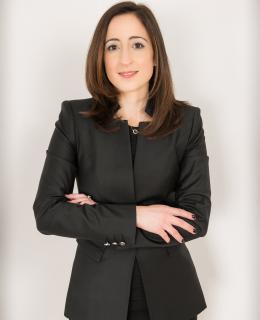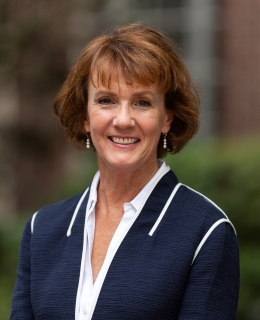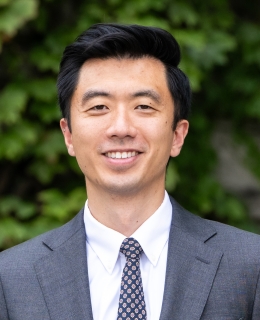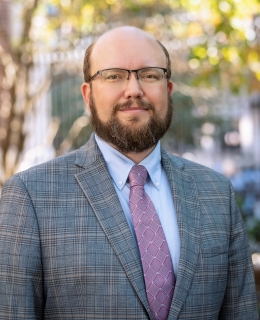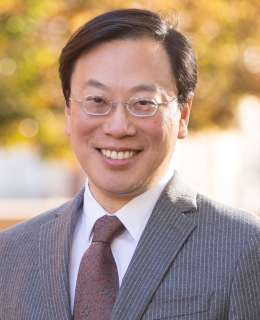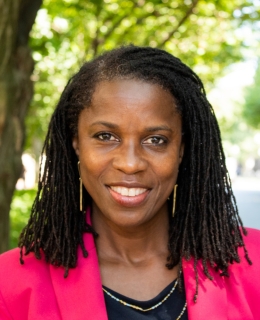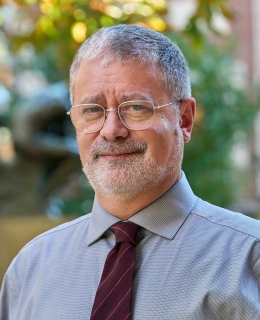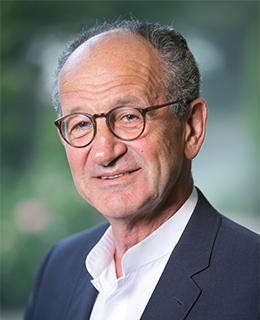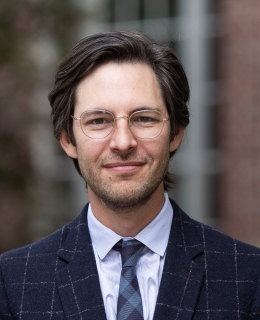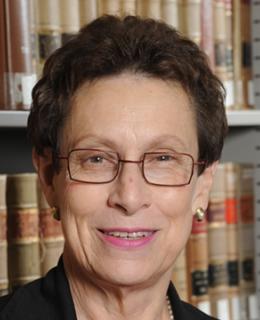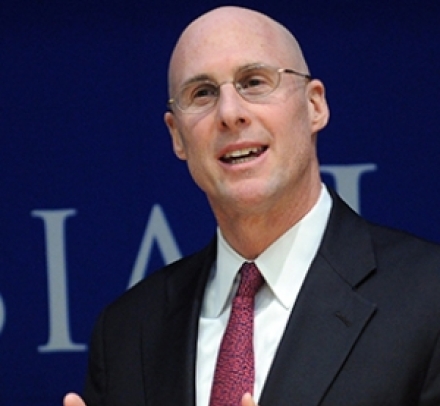The prospect of arguing a case in a courtroom is what attracts many students to law: It covers a wide range of legal areas and involves strategy, advocacy, rhetorical skills, and knowledge of procedure and law. Corporations and jurisdictions in the United States and abroad also turn to alternative methods for dispute resolution, including arbitration, mediation, and negotiation. To be effective problem solvers and to successfully represent their clients, lawyers need to know what methodology to follow.
What is the best way to resolve a civil or criminal dispute, and how can lawyers effectively practice different methods?
Columbia Law School students study litigation and dispute resolution with expert and influential faculty, including leaders in international commercial arbitration and mediation practitioners who teach United Nations diplomats. Students also benefit from the Law School’s location in New York City through extensive networking, clinics, and other experiential learning opportunities. Training in litigation and dispute resolution also can include pursuing specific substantive areas of law, accommodating students’ varied interests.
Why Columbia?
Explore a full range of dispute resolution strategies, including the following:
Litigation: Go beyond foundational education in civil procedure and torts. Students take courses in litigation strategy, “thinking like a litigator,” and electronic evidence and discovery. Seminars cover specialized litigation areas including pharmaceuticals, patents, securities, and construction. In simulation courses, tackle real-world challenges in trial practice and pretrial commercial litigation.
Negotiation: Take Columbia Law’s most extensive simulation course: the popular Negotiation Workshop. In addition to learning communication and persuasion skills, you can explore topics including the nature of conflict; barriers to agreement and ways to overcome them; and the role of culture, gender, and race in negotiation.
Mediation: Participate in the Mediation Clinic, and analyze ethical, systemic, and jurisprudential issues involved in alternative dispute resolution and then work as mediators to settle disputes through the courts. The clinic is the exclusive provider for mediation training for the United Nations diplomatic corps and has trained diplomats from more than 80 countries.
Arbitration: Enroll in courses that cover international commercial and investment arbitration and take advantage of other experiential learning opportunities. The Center for International Commercial and Investment Arbitration hosts speakers and networking events and publishes the American Review of International Arbitration, the only publication of its kind in the United States. The student-run Columbia International Association for Arbitration organizes the annual Columbia Arbitration Day conference, which attracts hundreds of practitioners.
“I strive to create in the classroom the same environment we create in a mediation: a place where everyone knows they can be heard, where their voice matters, and they have the power to decide what their future looks like.”
—Alexandra Carter, Clinical Professor of Law



